Janice Lee is a Korean-American writer, educator, and healer. She has written books in nearly all genres including fiction, creative nonfiction, and most recently poetry. Janice Lee’s most recent book of poems, Separation Anxiety, guides us through grief and healing in communication with nature, humans, animals, and the afterlife. Separation Anxiety gathers bits of humor, sadness, and hope through its movement of form. While reading Separation Anxiety, I was carefully placed in the cycle of healing and emotional hues shined onto me from page to page.
Read MoreAn Interview with Emilly Prado
I think that all of the work that I do shares the thread of community in some way, whether it's event planning, or writing, or DJing. I think that at the heart of my work is connection. Ultimately, no matter what I'm doing, whether it's teaching or even helping a nonprofit with their communications—that is all a form of connection. With my writing, specifically thinking about my younger self who wished to read something that would be more reflective of her experience….
Read More

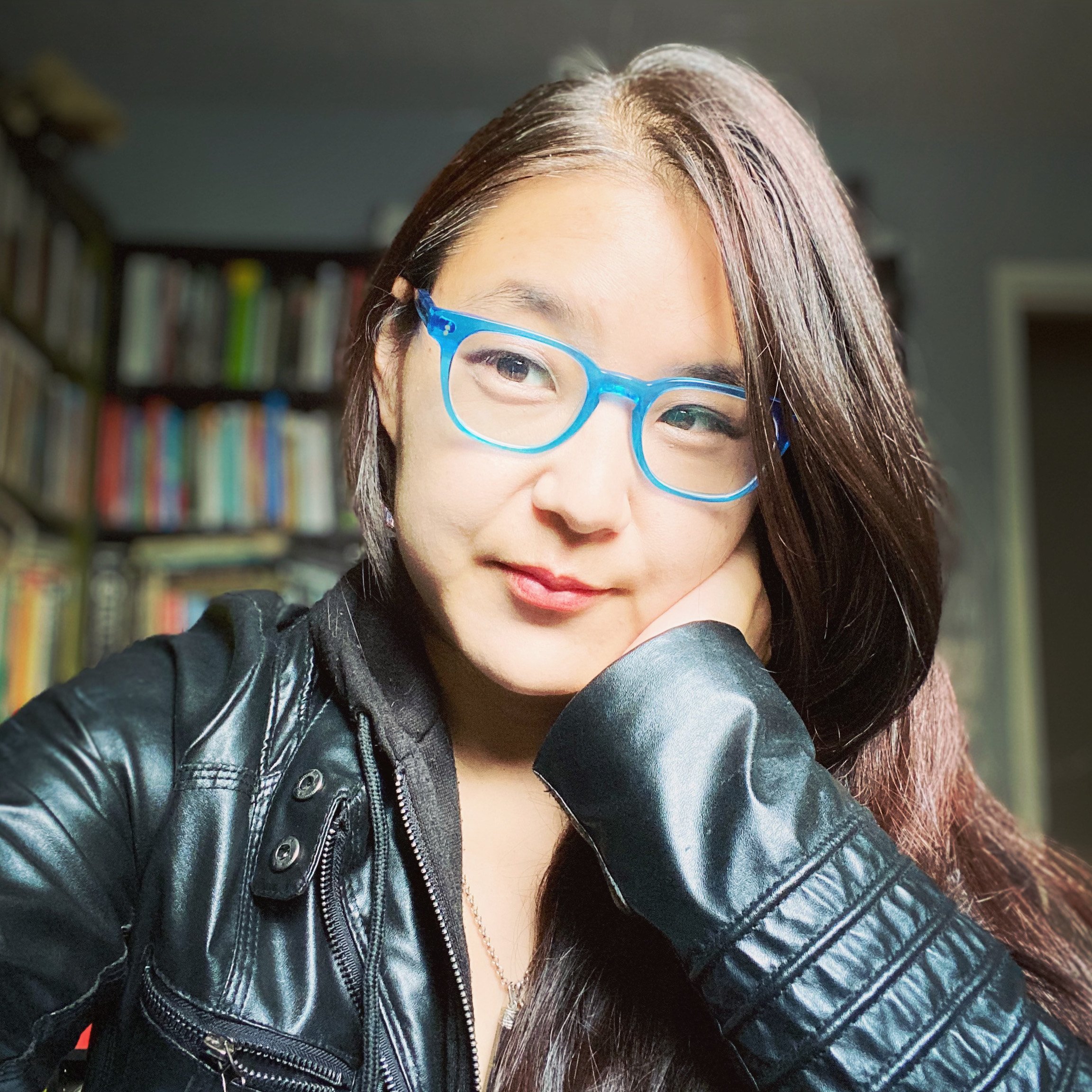
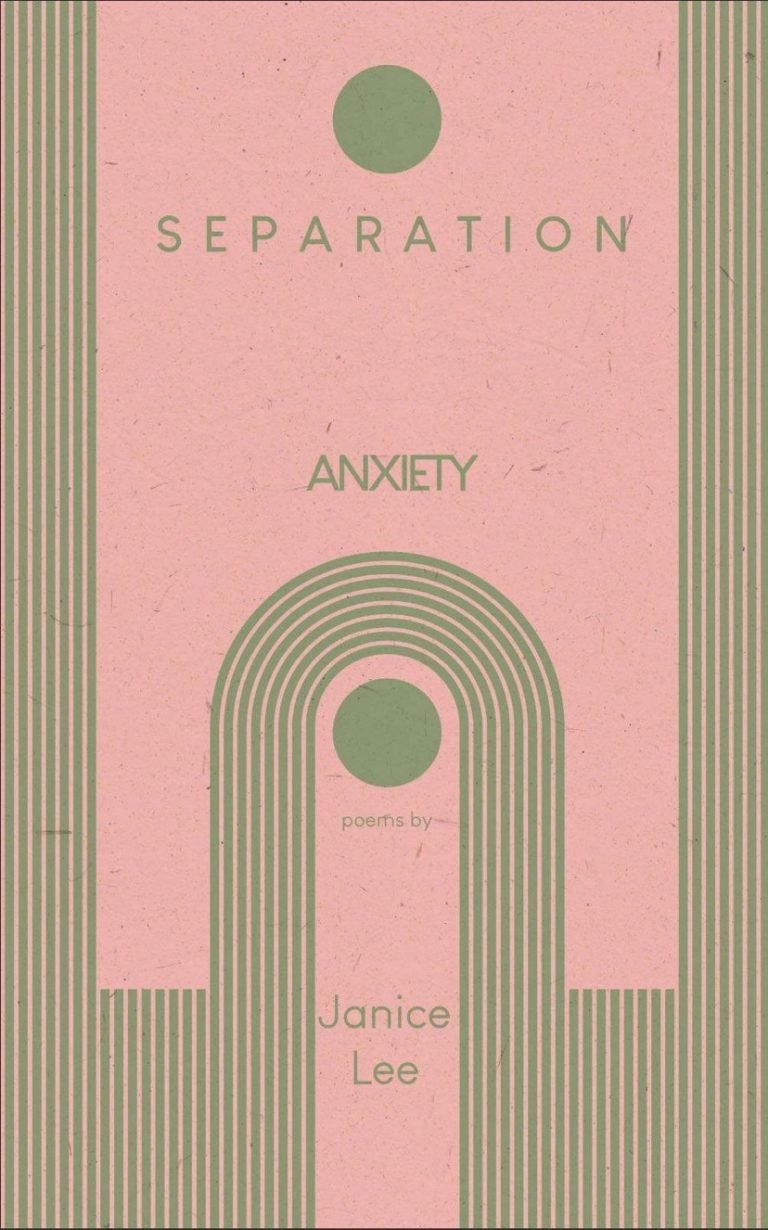
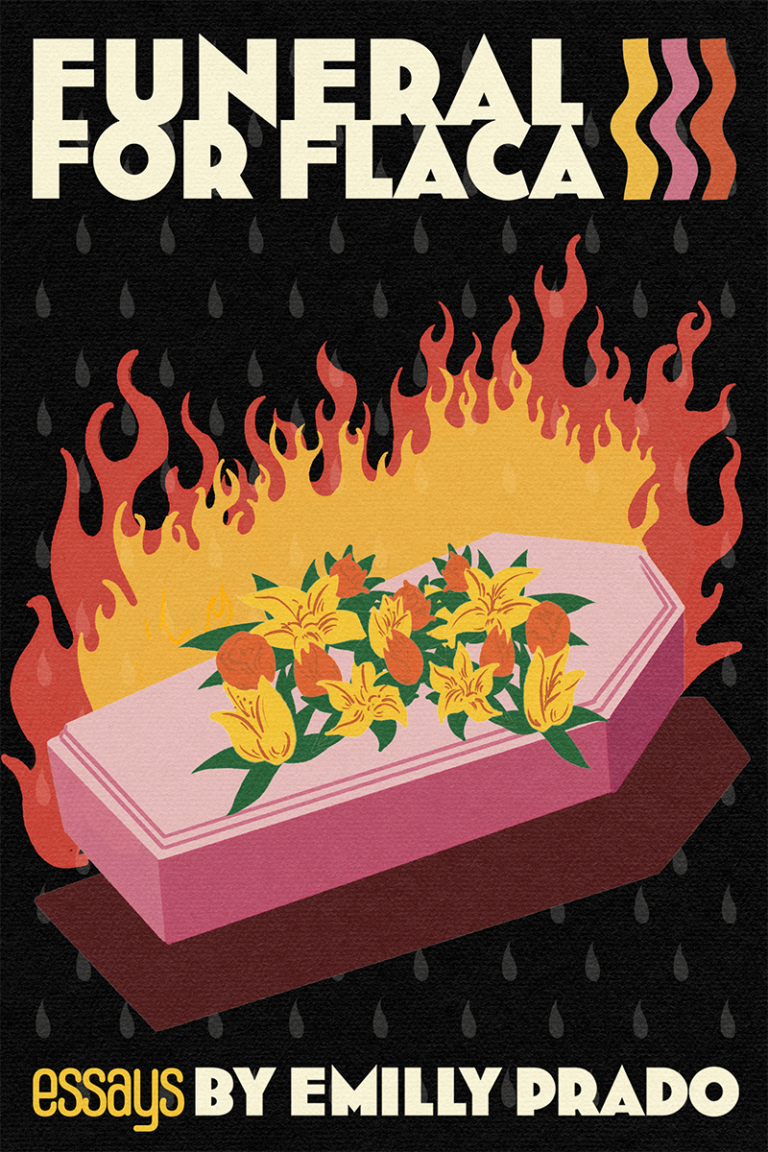
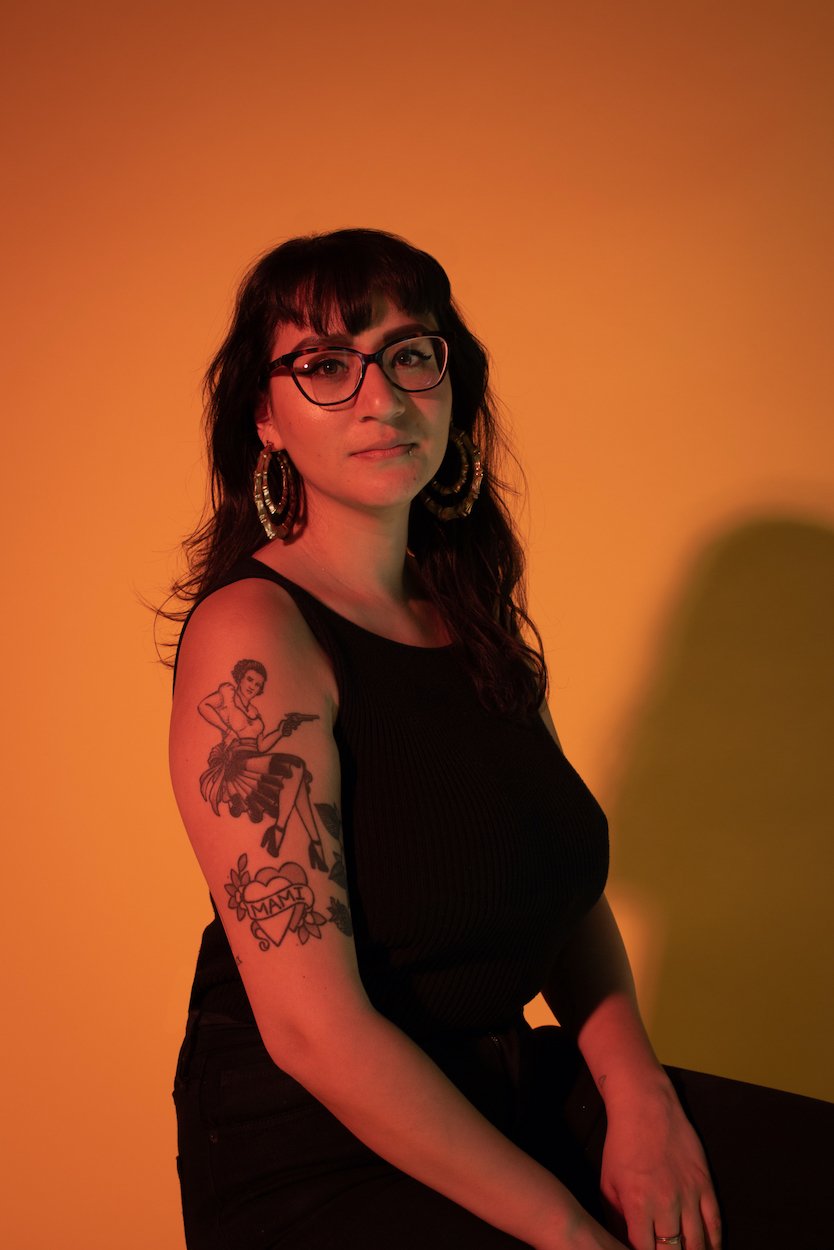



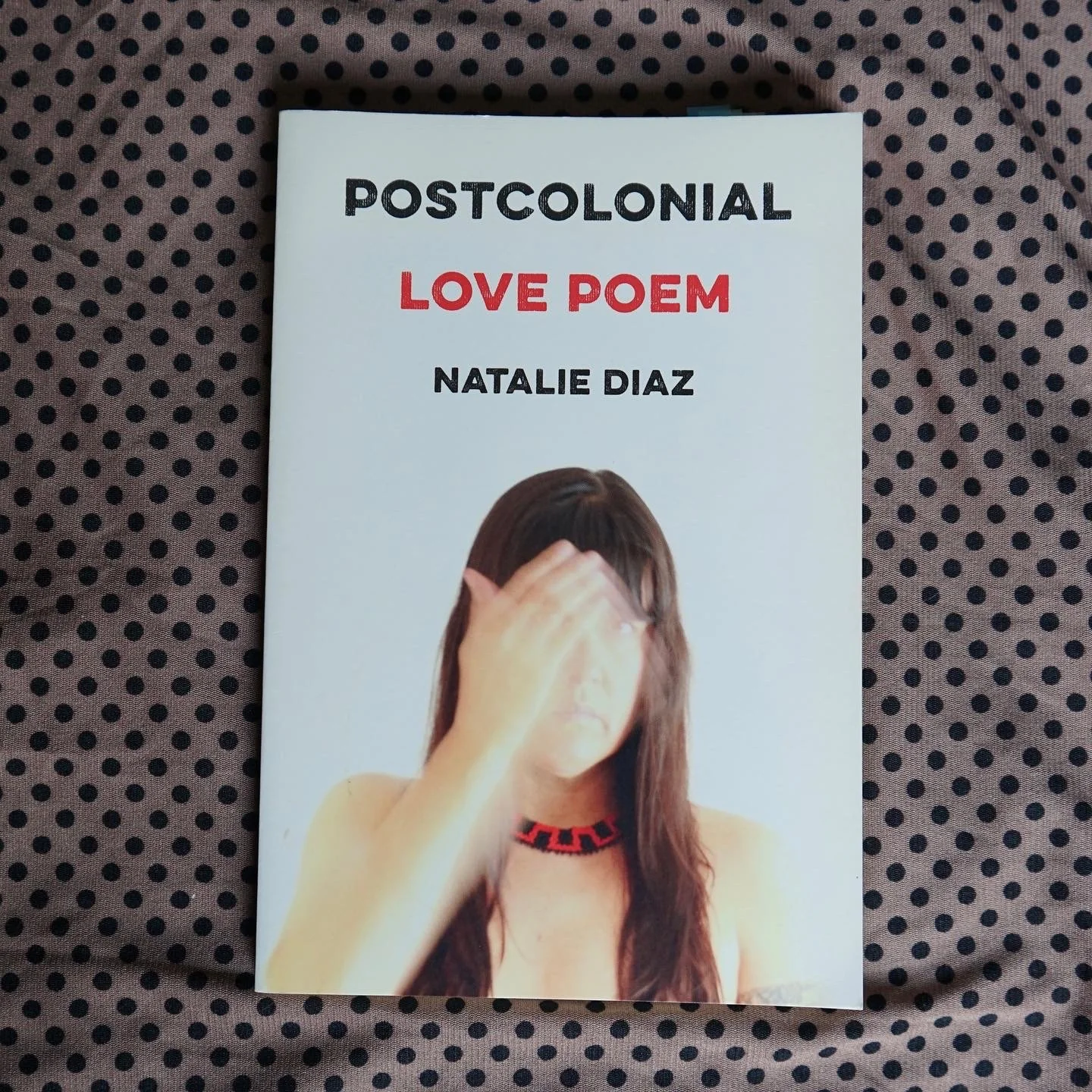











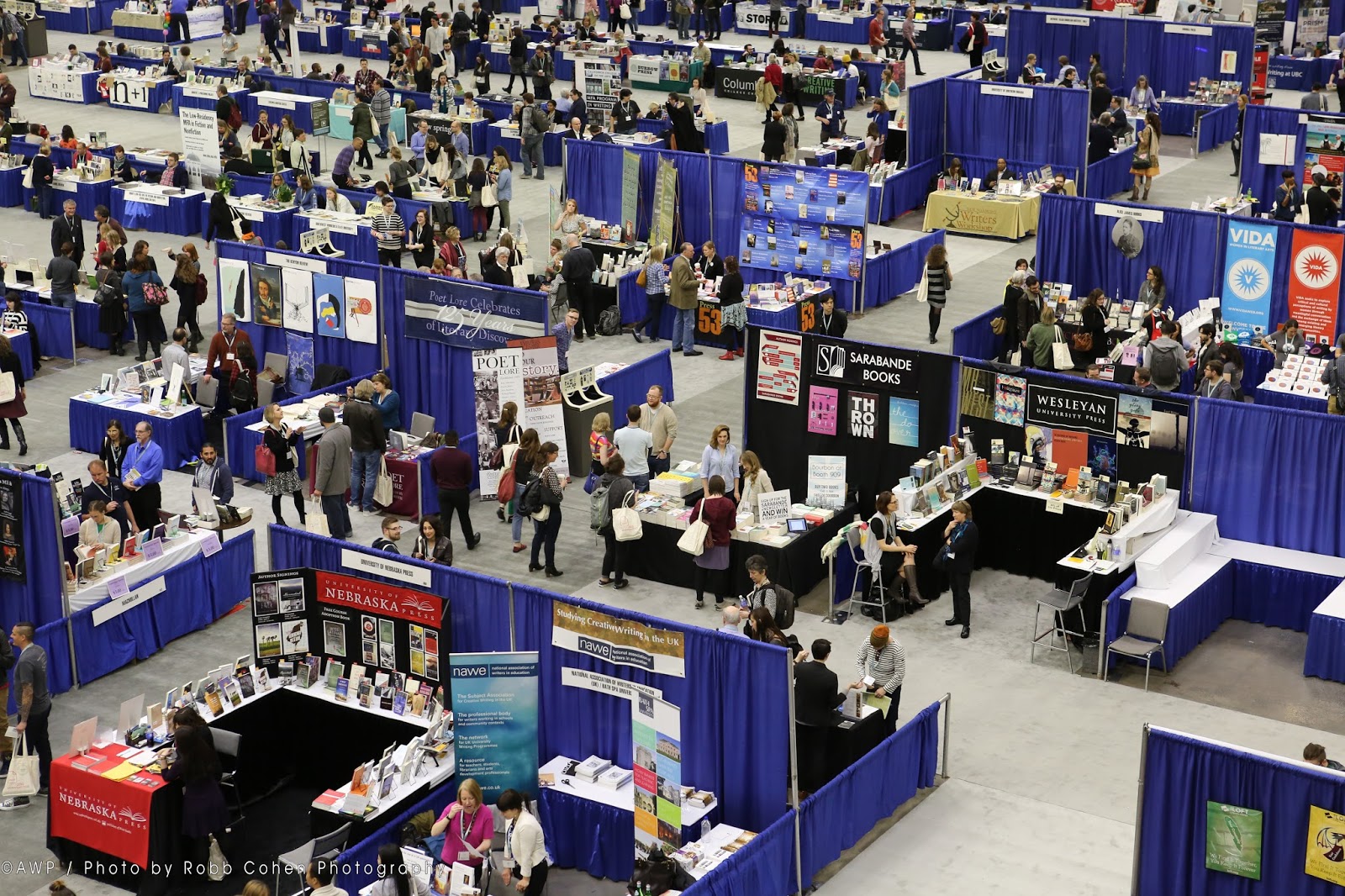



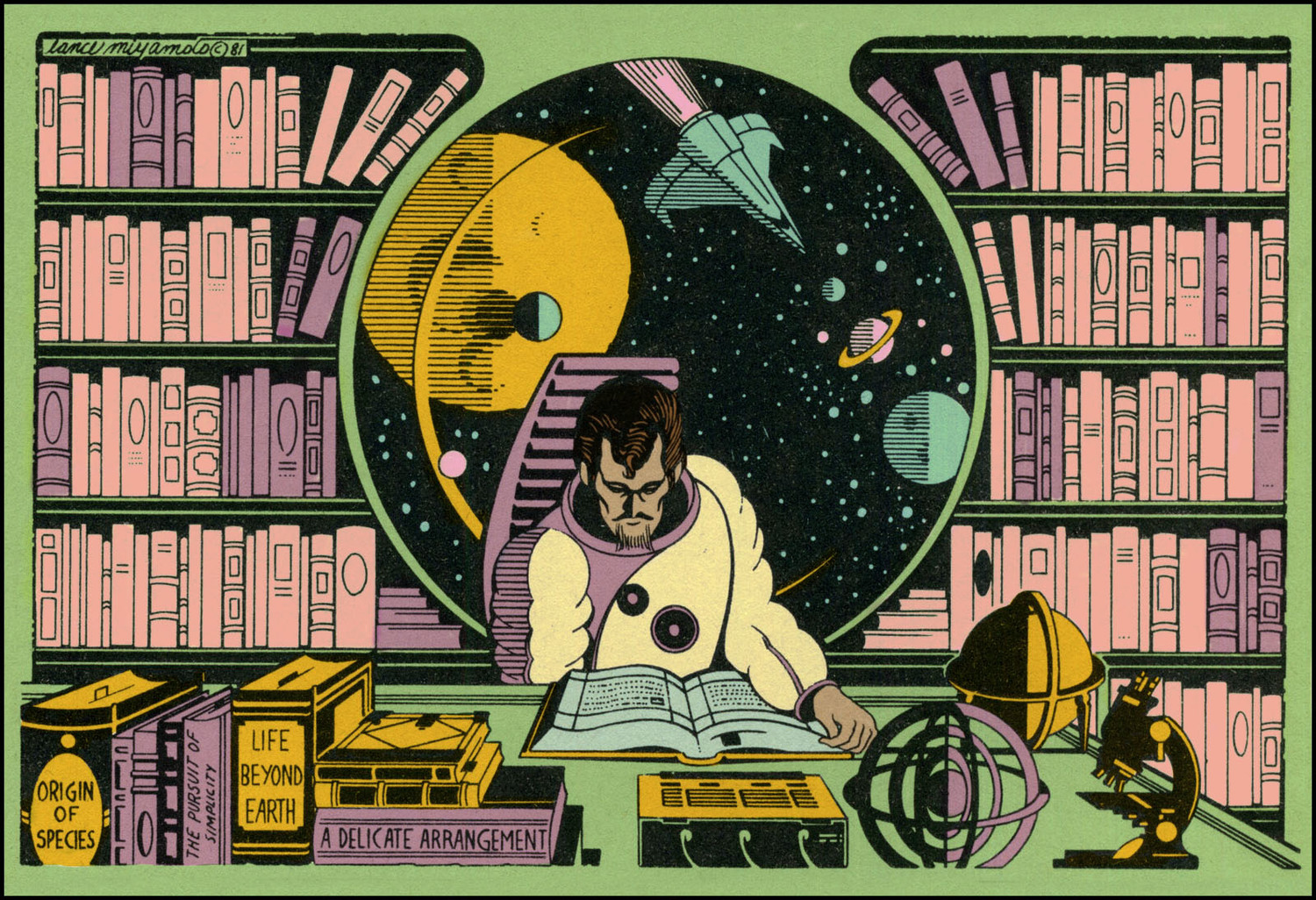

Our stay at Mile Post 5 has been a phenomenal experience. We have enjoyed having a large space to ourselves in which we’ve been able to not only exhibit the entire (and continually expanding) collection of books, but create a space where we’ve hosted readings, offered writing workshops, provided room for meetings, and enabled writers and artists of color to interact with each other, as well as the local community. Here’s an overview of what' we’ve done this summer.